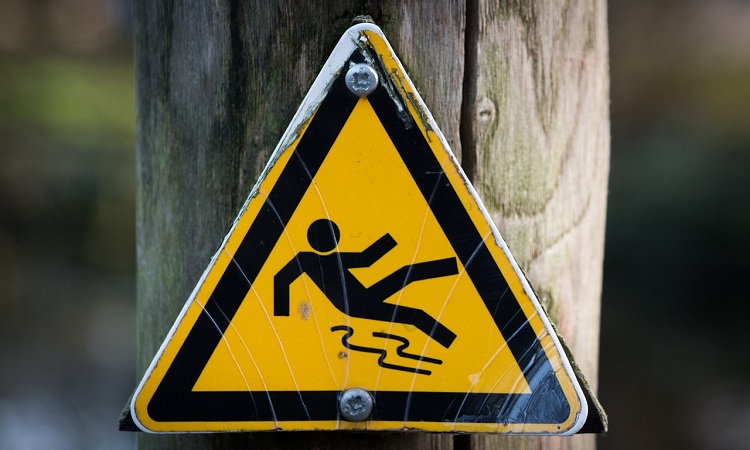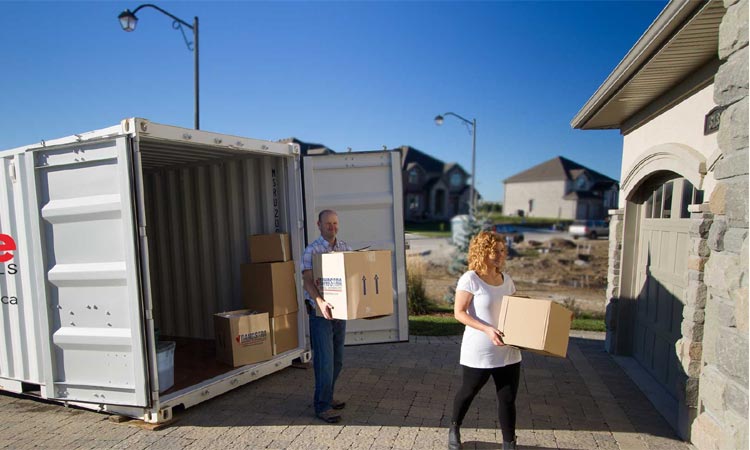Homeowners’ insurance does more than protect the structures on your property, it also protects you from personal injury claims. You are responsible for the well-being of those in your house or on your property. Should a guest suffer injury, even if it is a simple accident, they may file a claim.
Your homeowners’ policy contains a liability provision that will cover filed injury claims. This type of claim is known as a third party claim. Just as a first party claim is when you file a claim with your homeowners’ policy, a third party claim is when someone else files against it.
Importance of Injury Liability Coverage
You never know what may happen on your property when it comes to guests. A simple slip of the foot can become a nightmare for you. The liability provision of your homeowners’ insurance policy will cover up to your coverage limits losses related to injuries sustained on your property. These include medical bills incurred, incomes loss and other damages. If an injured party files a lawsuit against you, your insurance company will provide for your defense.
Let’s say, for example, that your homeowners’ policy provides $200,000 in liability coverage. If a person was injured on your property, your insurance would pay the injured party’s losses up to the $200,000 limit. In rare instances, damages could go above this amount. In that case, you would be responsible for the exceeding amount unless your policy has an ‘umbrella’ provision. This provision gives you extra coverage for losses above your liability cap.
Proof of Liability
Most third-party claims against your homeowners’ insurance will be due to accidental injuries such a slip and fall. These type of claims are covered because of the legal notion of negligence. Though the majority of negligence claims are covered, this is not a guarantee. Injured parties must prove that you are responsible for their injury because you failed to keep your property hazard-free. Get complete information about slip and fall claims here: harrellandharrell.
Not every third-party claim has to prove homeowner negligence. For ‘strict liability’ situations, the injured party need only prove that the injury happened on your property, therefore making you responsible. An example of this would be a state that has ‘strict liability’ on dog bites. In this case, the injured party need only prove that they were bit on your property in order to file a third-party claim against your homeowners’ policy.
It is important to note that the typical homeowners’ insurance policy does not cover you for any injuries intentionally inflicted by you on another. Claims that involve assault or other intentional acts by the homeowner will be denied. In this case, you alone will be responsible for any judgment placed against you.




